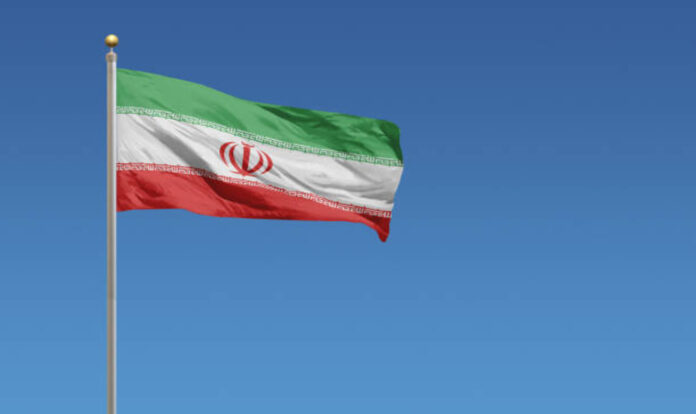In a continuation of its stringent approach to capital punishment, Iran has executed two individuals who were found guilty of orchestrating an attack on the Shah Cheragh shrine in the city of Shiraz. The assault, carried out in October by an assailant affiliated with the Islamic State, resulted in the tragic deaths of at least 13 people. The Iranian state media reported that the convicted men were hanged at dawn in Shiraz, marking another grim chapter in the country’s record on executions. During the trial, the perpetrators admitted to maintaining contact with the Islamic State in Afghanistan and aiding in the organization of the attack on the revered Shah Cheragh shrine. The assailant responsible for the actual shooting was identified as a citizen of Tajikistan and later succumbed to his injuries in a hospital.
This recent incident at the Shah Cheragh shrine involved an attacker who concealed an assault rifle in a bag and indiscriminately fired at worshippers as they attempted to seek refuge and hide in the shrine’s corridors. The Islamic State claimed responsibility for the attack, further highlighting the ongoing threat posed by the extremist group. However, the execution of the two individuals involved in the attack is just one facet of Iran’s extensive use of capital punishment. According to the Norway-based Iran Human Rights (IHR), at least 354 people have been hanged in Iran during the first half of 2023 alone.
This figure represents a significant escalation compared to the previous year, with a higher pace of executions observed. Notably, the IHR report reveals that a staggering 206 people were executed on drug-related charges, reflecting a 126 percent increase compared to the same period in the previous year. The rights group argues that Iran is employing the death penalty as a means to instill fear and suppress dissent, particularly in response to the widespread protests that erupted in September following the custodial death of Mahsa Amini.
IHR Director Mahmood Amiry-Moghaddam expressed concern about the rising number of executions, particularly highlighting the vulnerability of marginalized communities who bear the brunt of these executions. He emphasized that the death penalty is wielded as a tool to create societal fear and deter further protests, with the majority of those executed being individuals involved in drug offenses. As Iran grapples with these grave issues, the international community continues to monitor the situation, calling on the Iranian government to address human rights concerns and explore alternative approaches to criminal justice that respect the dignity and rights of all individuals.


